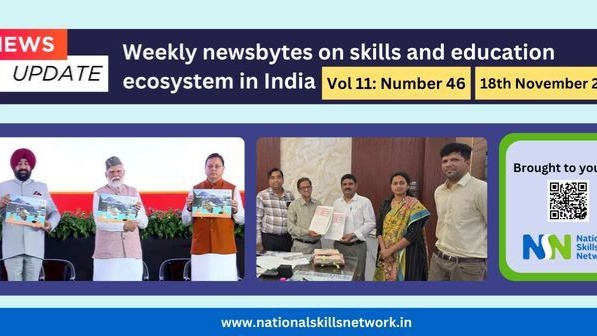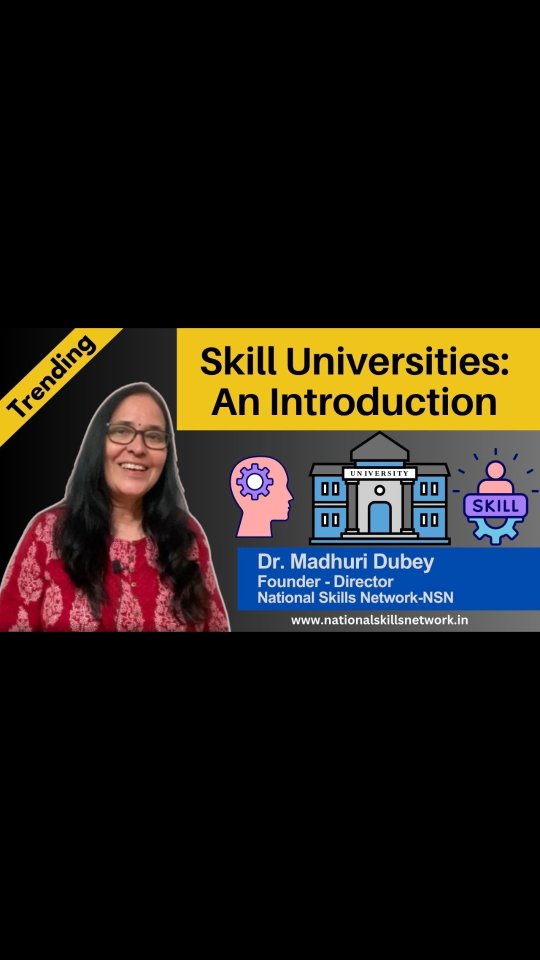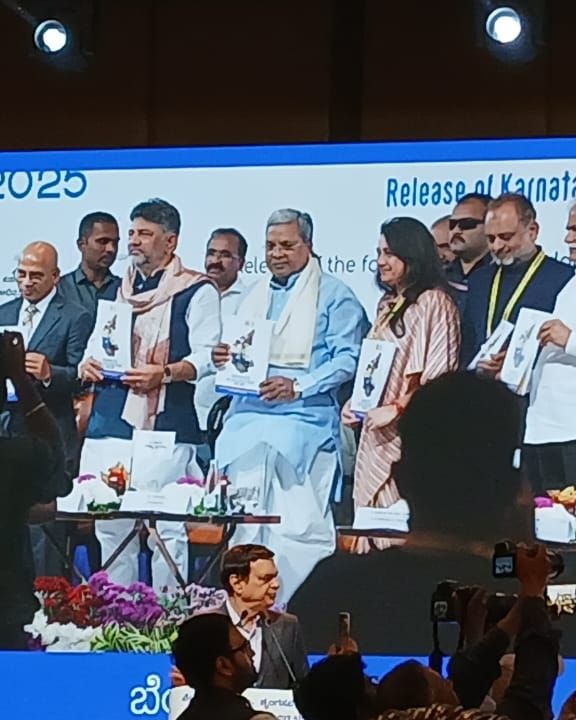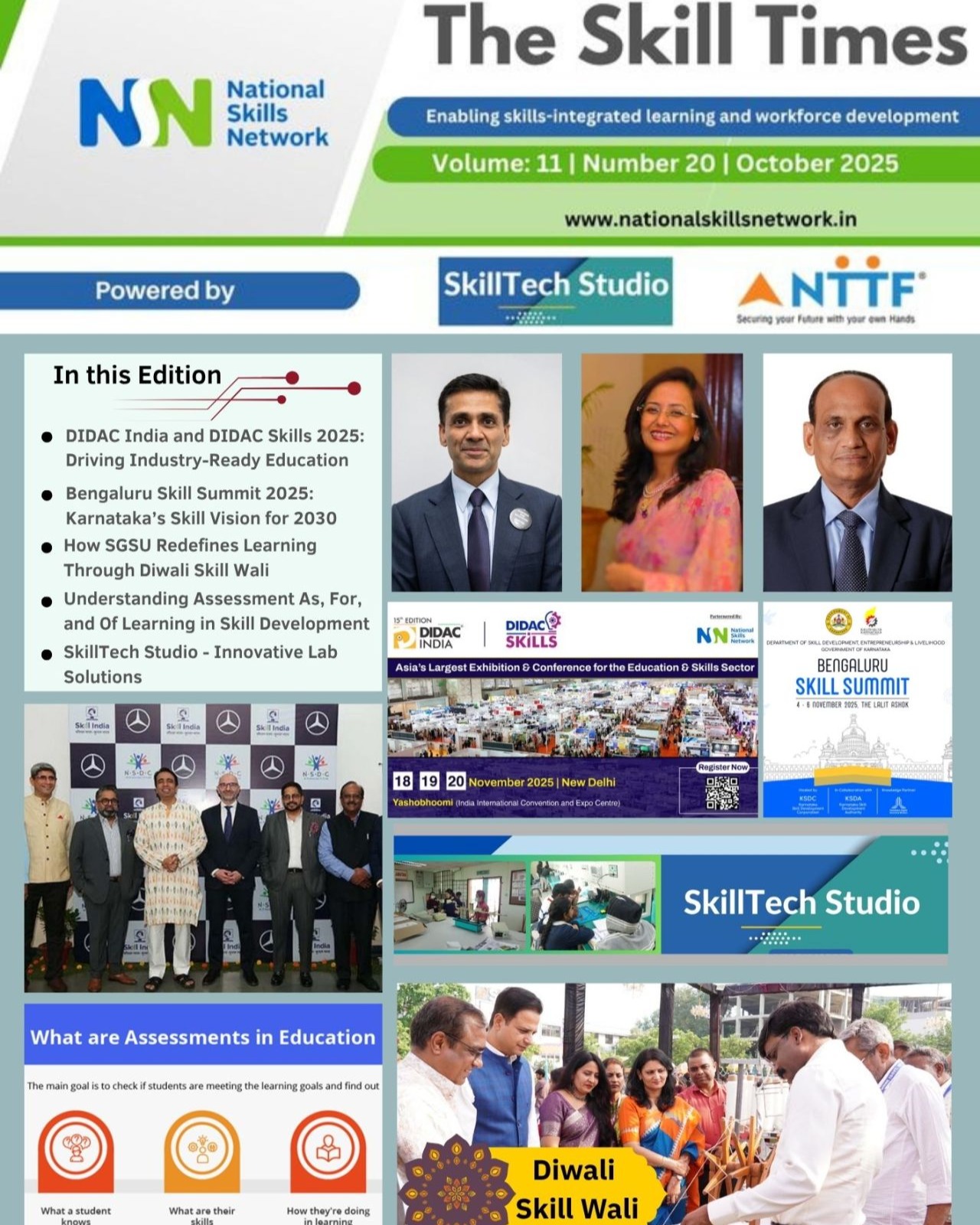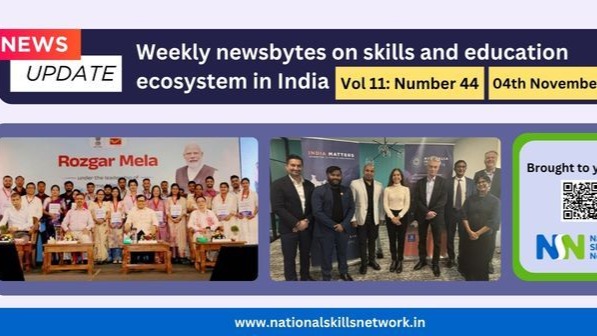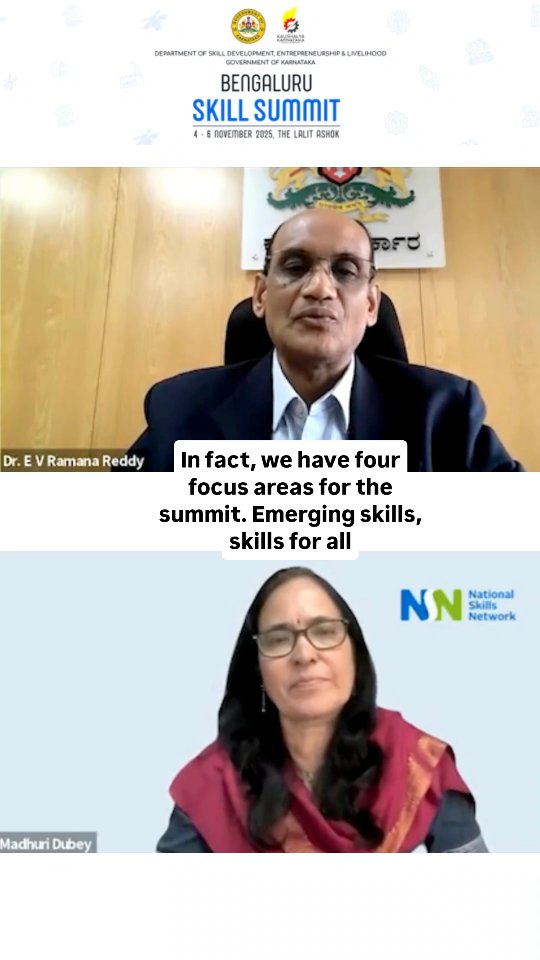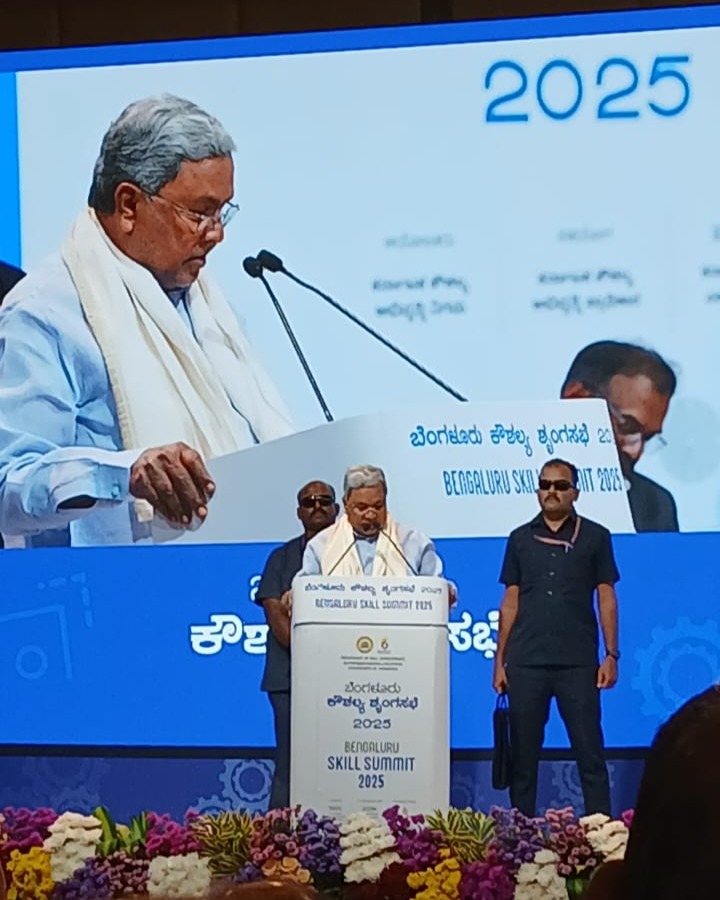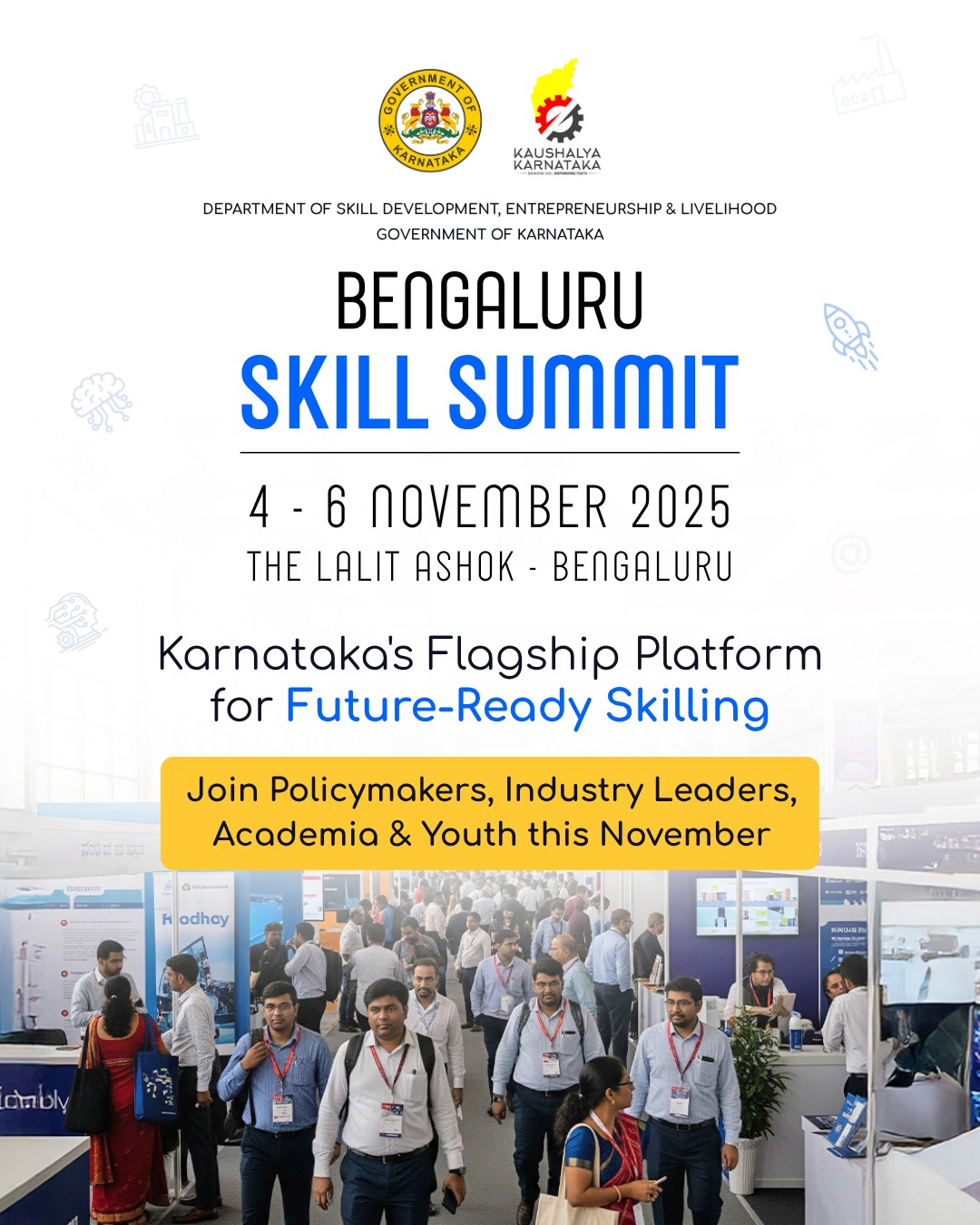Suresh has been a machine operator in a Rubber factory for 4 years now. He joined a mid-sized rubber factory as high-school school dropout after spending few years aimlessly, with no clear purpose in life. He earns decent income to sustain himself and his brother Ramesh who lives with him in the same city. Suresh is very keen that his brother, who is an ITI pass-out, should join the same factory. But his brother refuses to pay heed since he feels there are many options open to him and working with machines, in a factory, will be his last resort, even though he has the right technical qualifications to enter the manufacturing industry. Like his friends, Ramesh is lured by jobs in Retail Sector, such as sales jobs in shopping malls and he wants to improve his educational qualifications while working in a mall.
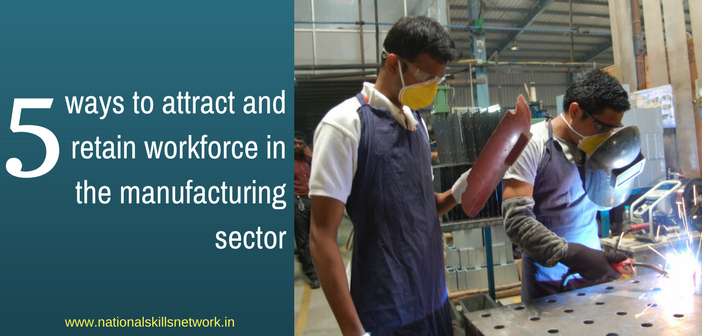 Young, unemployed but aspiring for a better life – people like Ramesh are common in every district, town and city of India. We can’t blame Ramesh for his choice to seek a job in a mall or any retail outlet. Evidently, many jobs in the services sector provide ambient work environment, safe workplace and scope for customer interaction, unlike a manufacturing setup where manual work is still performed in unhygienic and unsafe ways. Today, there is a dire need to attract and retain talent in small and medium enterprises in the manufacturing sector, here are five ways to work towards this goal:
Young, unemployed but aspiring for a better life – people like Ramesh are common in every district, town and city of India. We can’t blame Ramesh for his choice to seek a job in a mall or any retail outlet. Evidently, many jobs in the services sector provide ambient work environment, safe workplace and scope for customer interaction, unlike a manufacturing setup where manual work is still performed in unhygienic and unsafe ways. Today, there is a dire need to attract and retain talent in small and medium enterprises in the manufacturing sector, here are five ways to work towards this goal:
Improving wages and incentives
Let’s understand how manufacturing sector is affected by the growth of services sector. Manufacturing industries should come out of the belief that they have access to cheap labour anywhere, anytime. This is not true; since, today, the same set of workers have other opportunities in the services sector with better pay and perks. It is imperative for manufacturing companies to improve wages and salaries with the hope of winning back the youth and showing them professional growth in this sector, besides ensuring social security.
Clean, safe and appealing work environment
Visit any small manufacturing unit and you will realize how unappealing it is for today’s youth to work on the shop floor, besides exposure to hazards and accidents. Many micro and small enterprises, that create many jobs in this sector, do not follow OSHA practices and basic hygiene in and around the workshop or factory premises. Investing in professional services to maintain the work environment may help in getting the rightly qualified and skilled workforce for various job roles.
Automation and technology adoption
How about transferring the unsafe, routine and boring jobs to automated or semi-automated tools? While large enterprises have already adopted latest technologies, small players should follow suit to complement human labour with technology and smartly combine the efforts of men, women and machines. This, not only increases the overall impression of the factory, it also ensure the workers that they will not be tasked with jobs that put their lives at risk.
Career growth
One of the main reasons for attrition in small and medium manufacturing enterprises is the lack of upward mobility. Workers enter and exit the company in the same role with same skill sets. Apparently, it is not possible to show a career path to all job roles, but wherever applicable, companies need to recognize and reward employees with better roles and responsibilities and create opportunities to improve their skills and employability. The owners of small firms should perceive trained workforce as an asset that needs continuous learning, open communication and mutual trust.
Multi-skill development
Against the norm of developing skills in a niche domain, today’s manufacturing demands lateral skilling programs along with resilience and adaptability. Even while designing training courses in the manufacturing sector, one has to remember how technology, particularly in the context of Industry 4.0, can impact job roles and how each employee needs reskilling and upskilling. Recognition of Prior Learning (RPL) could be effectively used for valuing and certifying skills and knowledge acquired informally.
By implementing the above points, can we attract people like Ramesh to the manufacturing sector? May be. Manufacturing sector is already bearing the brunt of not keeping pace with automation, combined with shift of investments from labour-intensive to capital-intensive industries. However, India needs a thriving manufacturing base to “Make in India” and “Make for India” – both are possible only when we re-look and revive this sector by implementing favourable policy reforms.
Guest Author: Rajesh A R, Livelihoods Enablement Enthusiast and Contributor to the evolving 3E (Education, Employment, Entrepreneurship) system in India.








